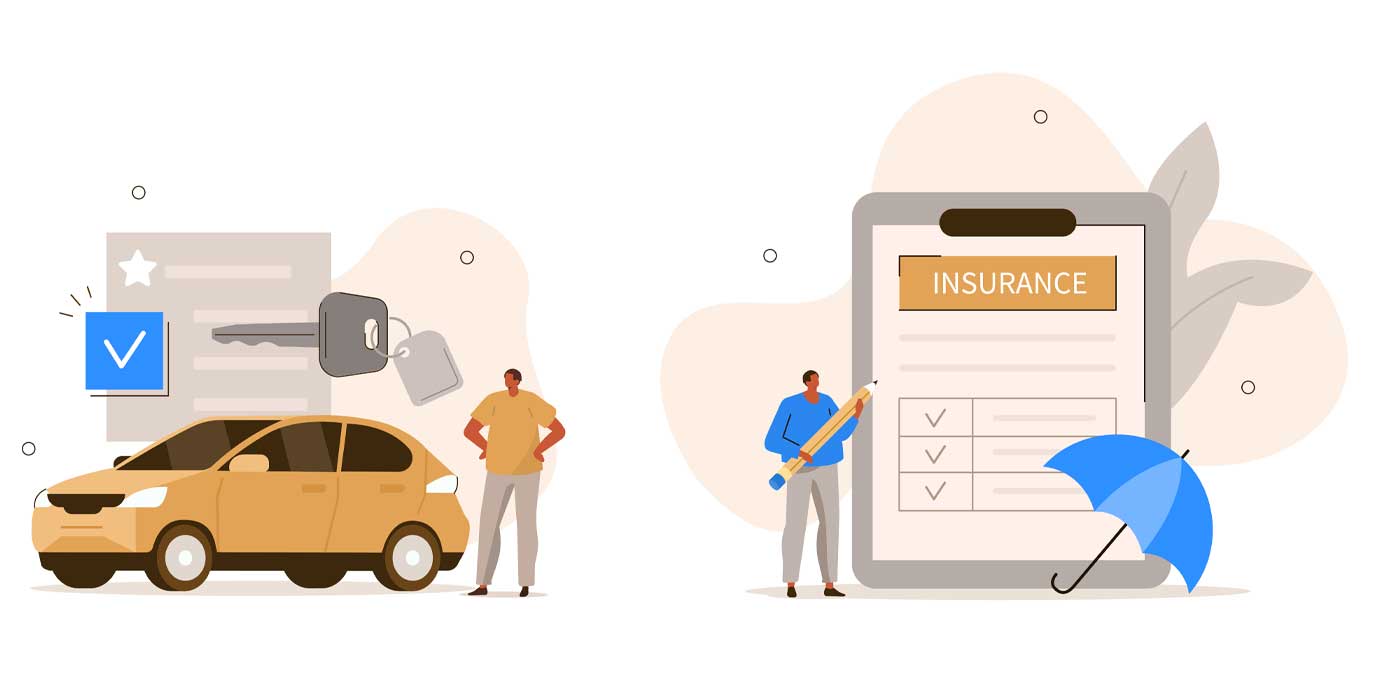In today’s data-rich environment, dealers are more dependent than ever on the timely, cost-effective and secure movement of their data to key partners and vendors.
Dealers have multiple options when choosing how they will work with their vendors on the movement and protection of their data. These options have consequences that are often confusing and may impact the cost and flow of data that is currently moving to trusted partners.
DMS providers have taken action to educate dealers, and some provide options relative to the secure movement of their data; of course, these options involve incremental costs to vendors and dealers alike. Data security and syndication have become, and promises to continue to be, a highly monetized and profitable business for DMS providers; some are projecting upwards of 40 percent of their total revenue will be attributed to data services in the next couple of years. Apply some rough math to that equation and the size of the opportunity at the dealers and the consumer’s expense becomes astonishing.
NADA has established parameters surrounding secure data movement and vendors meeting those requirements have emerged, but dealers need to be cautious around selecting the right partner. Dealers may choose only to use their DMS provider, or some combination of solutions provided by both the DMS and third-party providers.
Consequences
There have been some recent reports of major DMS providers cutting off what were perceived to be unauthorized IP addresses accessing dealer systems by previously authorized vendors. A recent discussion I had with a 20 Group moderator and participating dealers revealed these recent developments:
One dealer who had recently launched one of the DMS data transfer applications was contacted by a third-party marketing vendor. The vendor was told that, because the dealer was using the DMS program, the third-party provider would be required to go through their certification process and pay the required fees, which were by no means insignificant. Even though the dealer was a participant in the program, the methods used by the vendor were outside the regulations imposed by the DMS provider.
Another dealer had all of their data feeds cut off and was not able to update any inventory to their own Website for several days. They also lost access to their third-party CRM for both sales and service. After much wasted and costly effort on the dealer’s part, the service was restored but not without significant short-term impact to their business.
The themes noted here continue to become more common and prevalent, and are causing significant disruption and negative impact to the dealer.
Major DMS Data Transfer Programs
The most prominent major DMS providers utilize a “closed” approach in allowing data access. In this environment, vendors pay a substantial cost for certification, in addition to set-up and monthly access fees, on a per-dealership basis in order to obtain required data.
The DMS providers are, in some cases, are also applying fees to the dealer, depending on the version of DMS, current DMS applications being used and the scope and frequency of data movement.
It is imperative for dealers to understand how this effort may impact their current vendor relationships, along with the overall cost implications and impact on their bottom line. Let’s take a quick look at the certification process mandated by the leading DMS providers:
Vendor Certification
The vendor is required to follow a defined process of providing detailed information about their application, dealer customers and all details about their data requirements in order to obtain certification. The vendor is charged a certification fee in addition to a monthly “per-dealer” fee based on their respective requirements. The DMS providers, at their option, may decline to certify the vendor for unspecified reasons, once all aspects of the vendors’ solutions are reviewed. The cost to the vendor for certification often passes through to the dealer in either higher pricing or as a line item for data integration included on the invoice to the dealer from the vendor.
Dealer Certification
When the dealer enrolls in their respective DMS program, the DMS will review all activity that is currently taking place within their respective applications. This will include programs the dealer has already contracted for separately. The DMS solution provides a high-level notification tool focused simply on reporting non-certified connections. Contract language often prohibits dealers from continuing to push data to third parties currently under contract or any new vendors that the dealer choses to utilize in the future, thus limiting the vendors that they may be able to work with. The same language may also apply to vendor certification contracts prohibiting receipt of data from their DMS applications outside of the scope of data defined by the contract. This practice is unique to the leading DMS providers and has been a recent topic of heated debate that is sure to continue.
Dealer Actions to Maintain Secure, Reliable Data Flow
NADA has provided guidance related to the importance of protecting data. One of the key factors is that dealers maintain total awareness of what data — down to the field level — is being moved, maintain a current inventory of the vendors that are using this data and when and how often the data is required to be moved. Another key principle is that any data going to a third party is “pushed,” instead of the third parties having the ability to directly connect to their DMS and freely extract data. This may or may not be relevant for the intended purpose of the service being provided. It is further recommended that dealers are protected by data use agreements. Leading providers are also offering further indemnification via third-party cyber policies. This will insure that the dealer is protected against any unintended breaches when data is being moved. It’s in a dealer’s best interest to inventory all current third-party providers and their process for moving data, along with associated costs.
Take the time to educate yourself further on this topic; it has become a critical factor in running a successful dealership. Conduct significant due diligence relative to the DMS programs being offered and be relentless in understanding the limitations. Conversely, conduct research on third-party options which in some cases have become more viable and cost effective in relation to DMS certification. Be aware of any unintended consequences to your current contractual terms with your DMS provider should you bring on a new vendor or make a change.
Seek independent counsel from NADA or your local dealer association along with independent counsel from professionals who specialize in dealership technology procurement and contracting. Talk to your fellow dealers, 20 Group members and trusted advisors. A couple dollars invested now will alleviate significant issues and costs in the future. Like any wise business decision, do your research, investigate vendor claims and review all contracts thoroughly to understand your obligations and limitations.
VIEW ALL ARTICLES













